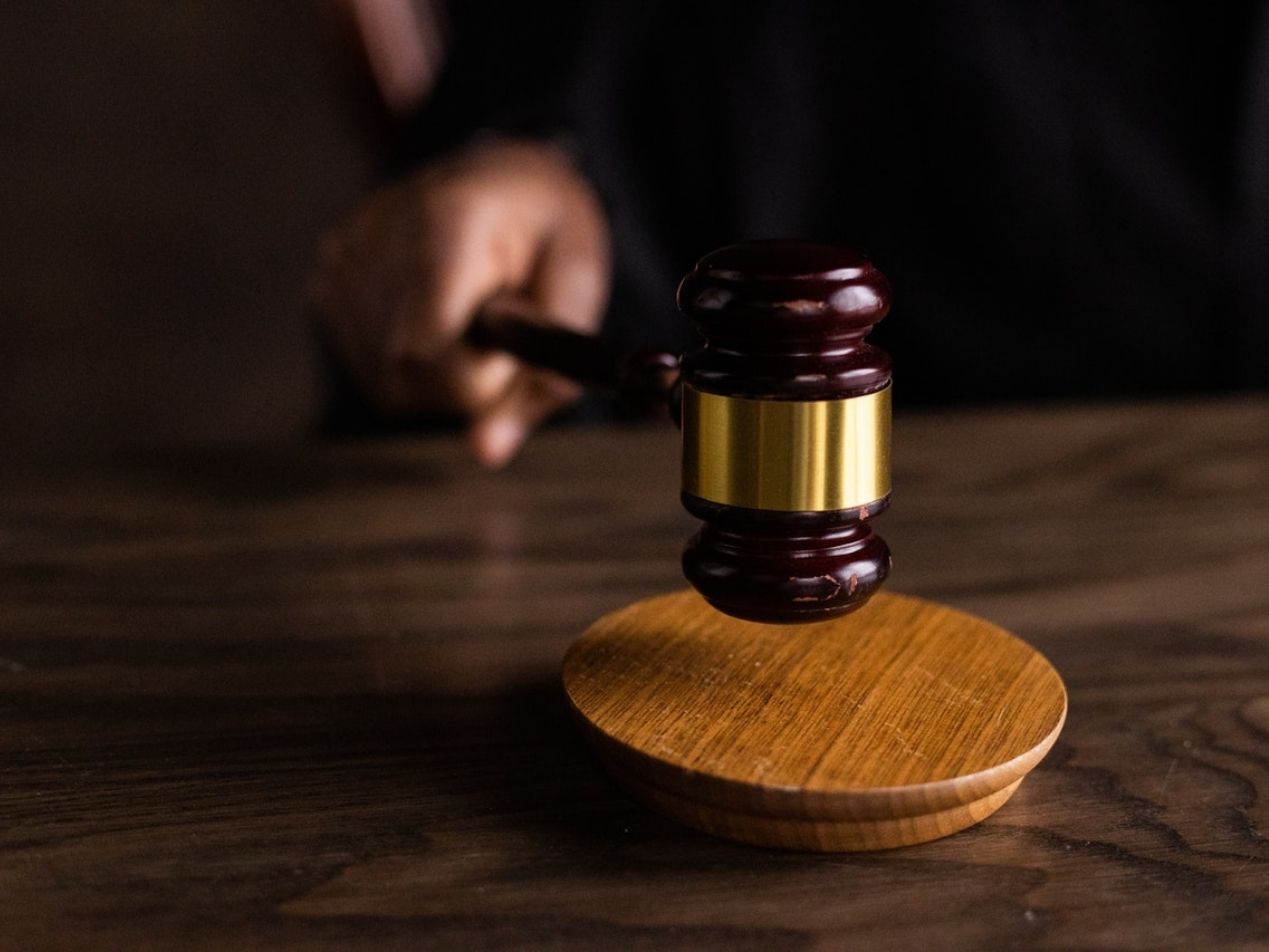
Nurses play a significant role in maintaining HIPAA compliance. They ensure secure communication, follow privacy protocols, and promptly report breaches. Ongoing education and vigilance are essential for nurses to prioritize patient privacy.
The privacy rule
The privacy rule establishes standards for controlling access to patients' medical records and personal health information (PHI). It grants patients specific rights over their health information. It restricts its use and disclosure without patient consent or as the law permits.
Nurses must exercise caution when handling, accessing, and sharing PHI and ensure that only authorized individuals can access this sensitive data.
Read more: What is the HIPAA Privacy Rule?
Guidelines for maintaining patient privacy and confidentiality
- Limiting access: Nurses must restrict access to patient information to authorized personnel, ensuring that staff members can only access information necessary for their roles.
- Encryption and secure storage: Utilizing encryption and secure storage methods for electronic patient data protects it from unauthorized access or theft.
- Secure communication: Nurses should use secure communication channels to prevent unauthorized interception, especially when transmitting patient information electronically.
- Training staff: Educating staff on HIPAA regulations and the organization's privacy policies ensures a clear understanding of privacy obligations and expectations.
- Obtaining patient consent: Nurses should obtain written consent before sharing their PHI, except when required for treatment, payment, or healthcare operations.
Healthcare providers, including nurses, must provide patients a Notice of Privacy Practices (NPP). It outlines how the healthcare organization uses and shares patient information and informs patients about their privacy rights under HIPAA.
Read more: What is a Notice of Privacy Practices?
The security rule
The security rule requires healthcare organizations to implement safeguards and measures to protect electronic protected health information (ePHI).
Nurses must take appropriate measures to secure electronic health records (EHRs), digital communications, and other electronic patient health information.
Read more: What is the HIPAA Security Rule?
Security measures and best practices
- Password protection: Nurses should use strong passwords, regularly change them, and require additional verification methods, such as mobile codes or biometric data.
- Encryption: Utilizing encryption protocols ensures that ePHI remains unreadable to unauthorized individuals when transmitted or stored.
- Access control: Assigning access rights based on job roles and periodically reviewing and updating them helps restrict access to ePHI.
- Physical security: Implementing biometric authentication and access logs limits physical access to ePHI-containing devices.
- Employee training: Educating staff on ePHI security and fostering a security culture helps maintain a secure environment.
The breach notification rule
The Breach Notification Rule requires healthcare providers and covered entities to notify affected individuals, the U.S. Department of Health and Human Services (HHS), and, in some cases, the media, in case of a breach of unsecured protected health information (PHI).
Nurses must promptly report any potential breaches they witness or suspect to their organization's designated privacy or compliance officer.
Read more: What is the HIPAA Breach Notification Rule?
Criteria for a breach under HIPAA
An incident is considered a breach under HIPAA if it meets the following criteria:
- Unauthorized access: PHI is accessed by an individual or entity without appropriate authorization.
- Compromised security or privacy: The unauthorized access compromises the security or privacy of the PHI, potentially putting affected individuals at risk of harm.
Subscribe to Paubox Weekly
Every Friday we bring you the most important news from Paubox. Our aim is to make you smarter, faster.



